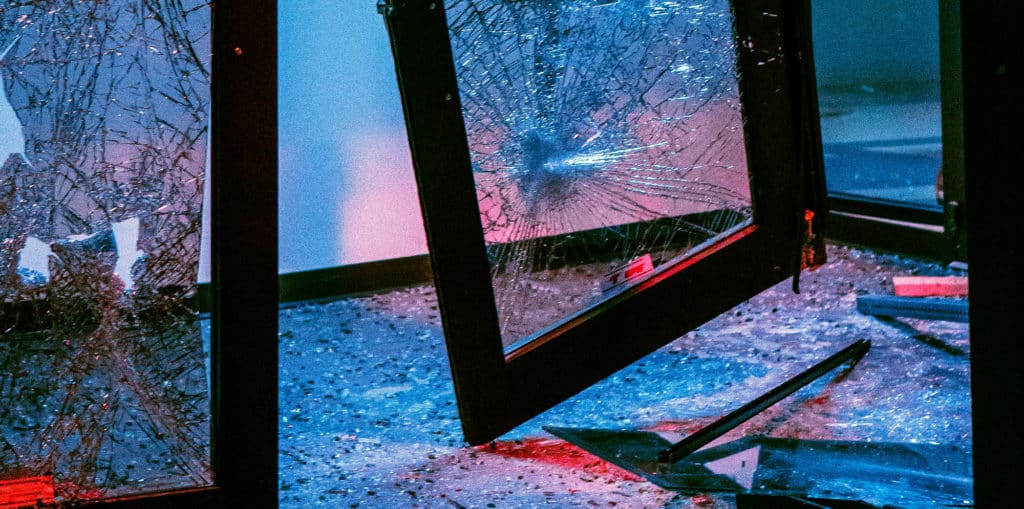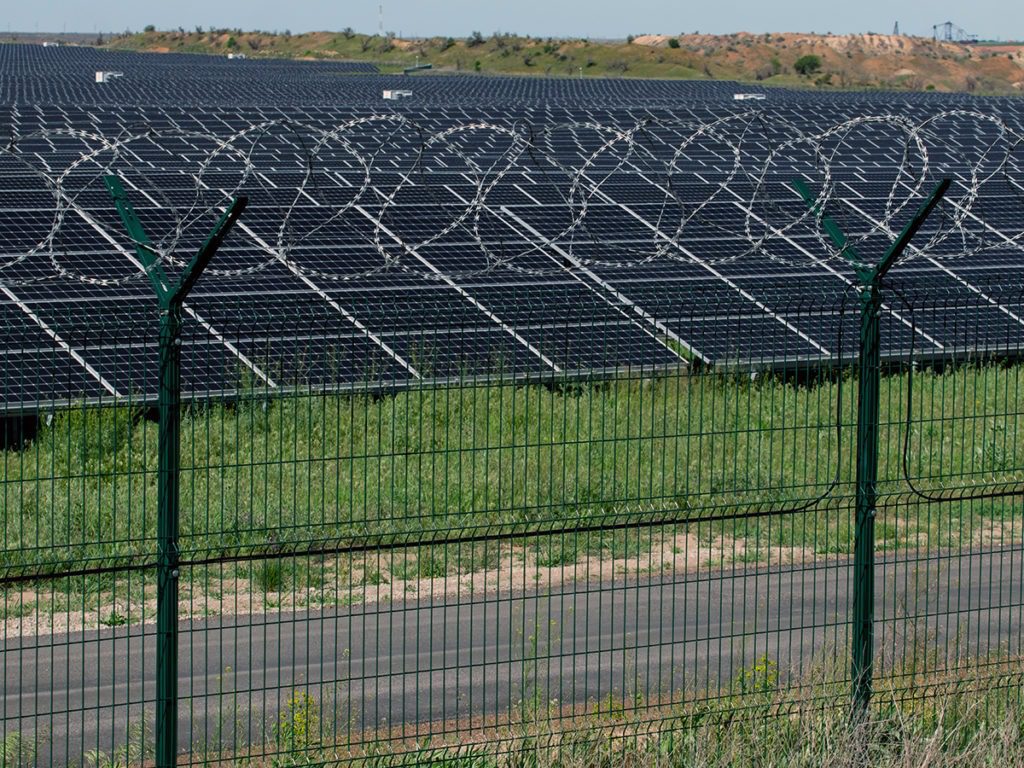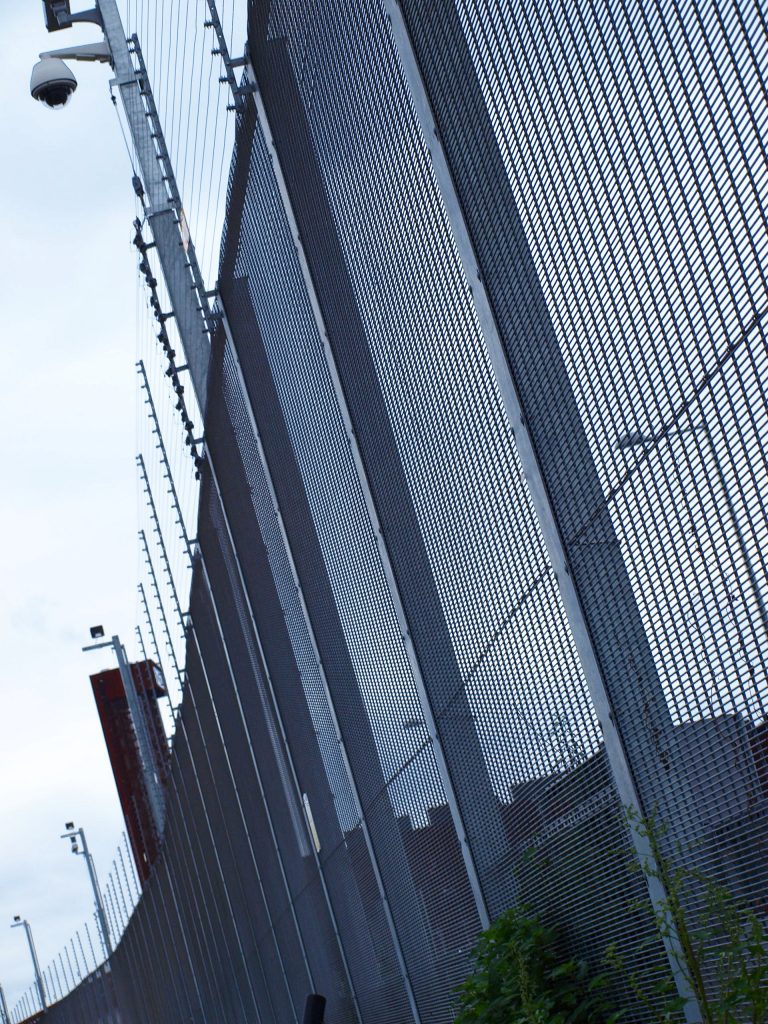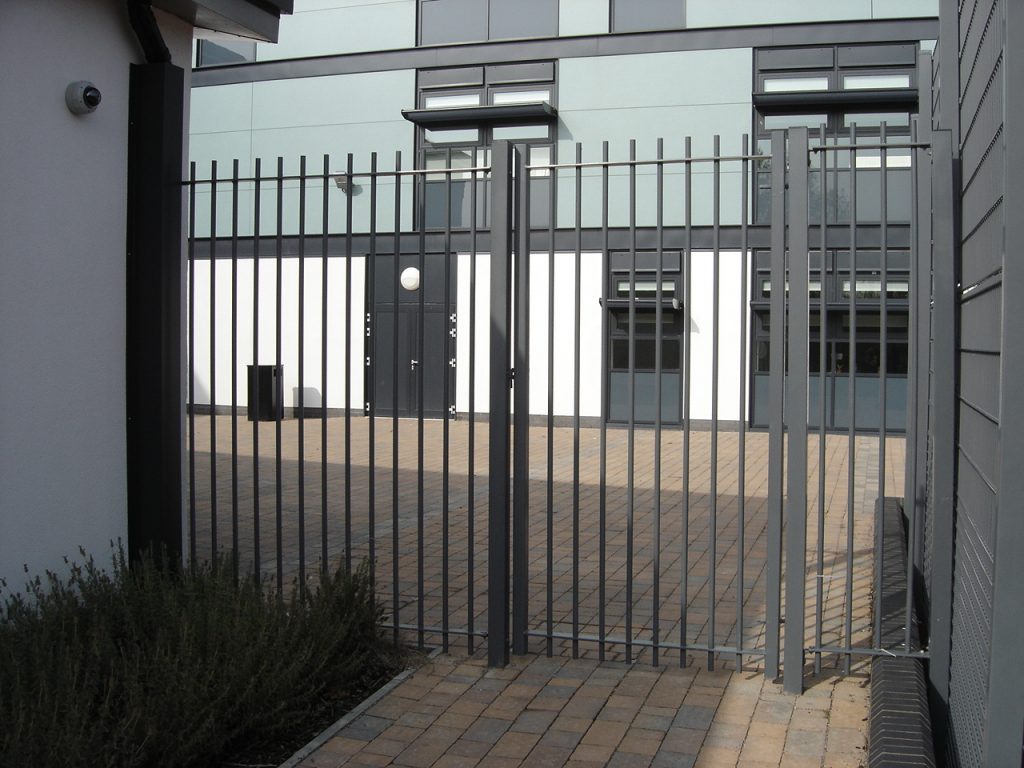On the eve of the Rugby World Cup and, with it, perhaps the UK’s last major sports event requiring temporary security for years, Chris Plimley of Zaun shares lessons learned on providing temporary overlay for global sports stars and world leaders.
Maybe, just maybe, rugby can kick a football into touch for six weeks on the back pages as the oval ball takes centre stage – though I must admit to being more of a League man having lived all my life near Wigan!
The IRB Rugby (Union) World Cup kicks off on Friday at 8 pm, with England opening their campaign against Fiji at what they hope will become Fortress Twickenham through to the final on the last day of October.
The Southern Hemisphere dominates the modern game, though there will be no shortage of other Six Nations teams vying to progress that far, including Scotland with almost the entire reigning Pro12 champions Glasgow Warriors starting XV chosen in their 31-man squad.
We’ve once again been involved in the latest two phases of work at the Olympic Stadium, which will host five matches, starting with the Pool D clash between France and Romania next Wednesday, followed by three further pool games, before staging the third-place play-off on Friday 30 October.
The Olympic legacy team handed over The Stadium, as it will be known during the World Cup, to the RWC organisers last Monday.
After the World Cup ends, there’s further work to do before it opens permanently as the new home of West Ham United Football Club and a national competition centre for UK Athletics next year.
While world rugby stars don’t have the global pulling power of Usain Bolt and legions of footballers and we won’t expect the same entourages of world leaders at the RWC, it still requires a major temporary security operation, the like of which we probably won’t see in the UK for many years to come once it’s over.
We spent over four years delivering our largest ever contract for the London 2012 Olympics. It was a fantastic time for us, and it opened up so many doors and opportunities.
Now we are focused on using the credibility and success of London 2012, the 2014 Glasgow Commonwealth Games and the NATO Conference so expertly hosted by the UK last autumn to secure long term legacy customers.
However, our other legacy will always be with us – knowing intimately how to plan for, design, and deliver a temporary major event security overlay that is fit for HRH The Queen or the US President.
After all, if you mess up on security for them at a major global event, you’re never going to live it down. Just ask G4S about the fall-out from their role at the London 2012 Olympics.
To me, it all comes down to collaboration, communication and consistency.
Early collaboration ensures logistics and planning can be coordinated to maximum effect and efficiency. It allows for identifying the right personnel in the right numbers and gives time for them to be properly vetted, accredited and trained.
With fore-planning, installers can manufacture in good time and devise detailed build schedules to ensure the safest working practices can be maintained even under the most exacting timelines, with work often having to be carried out in the tightest window in the small hours of morning darkness when public transport isn’t running. Roads can be briefly closed and diverted.
And that’s where the importance of good communication from the earliest opportunity comes in.
LOCOG and the ODA built and maintained excellent communication with all stakeholders – from athletes to volunteers, spectators to taxpayers, and contractors to media.
Major events, both while they are taking place and in the build-up to them, will always disrupt life for some – which will cause some people to complain.
Whether it’s diversions and road closures, potentially affecting trade and workers’ commute or the cost of staging an event – look at the riots in Brazil before the Football World Cup at the ‘misuse’ of public funds as the protesters saw it – some will feel they’ve been negatively affected, abused or their rights have been infringed.
So security contractors need to work closely with event organisers, governments, the police, local councils, residents and the media to ensure potential clash points are well understood, mitigation plans are well understood, and the overall greater good is wherever possible an aspiration shared by all.
The third C is for consistency – and that’s where the London organisers could have done better. London 2012 staged 26 Olympic sports and 20 Paralympic sports across 29 venues in 27 days – the equivalent of 541 concurrent sports days –multiplying the importance of consistency a hundredfold.
So the late change in plans requested of G4S was significant. Inconsistency causes rework, waste, extra cost and delay and introduce friction between a tight-knit team under collective pressure to deliver to an immovable deadline in the full beam of both media and political headlights.
Stick to your plans – and if you have to change them, do it early, with comprehensive collaboration and complete communication.
And let’s hope England do us as proud on the pitch as they have done in organising this series of major events!
Looking for security for major events? Contact Zaun today!




